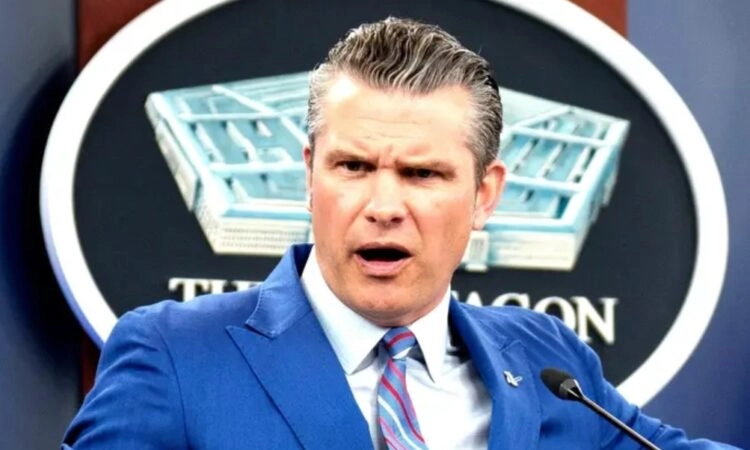 Facebook Twitter WhatsApp Telegram Pinterest Reddit Share
Facebook Twitter WhatsApp Telegram Pinterest Reddit Share
The U.S. Army and Air Force have introduced new rules about how service members are allowed to look and present themselves while in uniform, and these changes are raising concerns, especially among women and minority groups.Defense Secretary Pete Hegseth, along with Air Force General Dan Caine, announced the changes at a press briefing in late June. The message behind the new policies is that stricter grooming and appearance standards will help build a more disciplined and combat-ready military. Hegseth believes that having a clean, uniform appearancewhat he calls disciplined hair careis essential to restoring what he refers to as a warrior ethos.The Armys updated policy, issued on July 8, includes new rules around shaving. Until now, soldiers who suffered from a skin condition called pseudofolliculitis barbaecommonly known as razor bumpscould get a medical waiver that allowed them to wear neatly trimmed beards instead of shaving every day. This condition primarily affects Black men, who are more likely to experience painful and visible irritation when shaving.Under the new rules, these medical waivers are only temporary. Soldiers with razor bumps will be expected to undergo treatmentpossibly including laser hair removal paid for by the Armyand eventually be required to shave. If they dont comply, they could be discharged. Critics point out that this will disproportionately affect Black service members. For example, in the Navy, 66% of people with shaving waivers are Black. Some doctors who treat military personnel have said that these grooming rules have little to do with a soldiers actual readiness or performance and more to do with outdated ideas about appearance.Its not just the Army making changes. The Air Force also issued a new set of appearance guidelines on July 11. These rules are more sweeping in some ways. For example, a detailed list of acceptable nail polish colors has been removed, and the new rule simply says that women can only wear clear polish or stick to styles like French or American manicures. Eyelash extensions are now banned unless theyre medically necessary. And the guidebook now uses the word sex instead of gender, a small wording change that could carry bigger social implications.These new standards are being viewed by many as targeting cultural and personal grooming practices common among Black and brown service members. Journalist Ken Klippenstein, who first reported on the memos, made a sarcastic remark noting how the rules seem to disproportionately affect people of colorespecially since the Marines already enacted similar shaving restrictions earlier this year.Some military experts and doctors say these grooming rules could have real consequencesnot just physically, but professionally. Service members with shaving waivers, for instance, tend to get promoted more slowly than their clean-shaven peers. Thats led to worries about racial inequality within the military ranks.The Army responded by saying its still working out the details, including how medical waivers will be reviewed under the new system. The spokesperson emphasized that discipline is key to building a strong fighting force, but also said the Army remains committed to supporting the health and well-being of its soldiers.
As of now, the Air Force hasnt commented publicly on the backlash or explained how theyll enforce these new grooming standards. The debate continues, with growing questions about whether these appearance rules are really about military readinessor whether they risk reinforcing unfair treatment against already marginalized groups.



